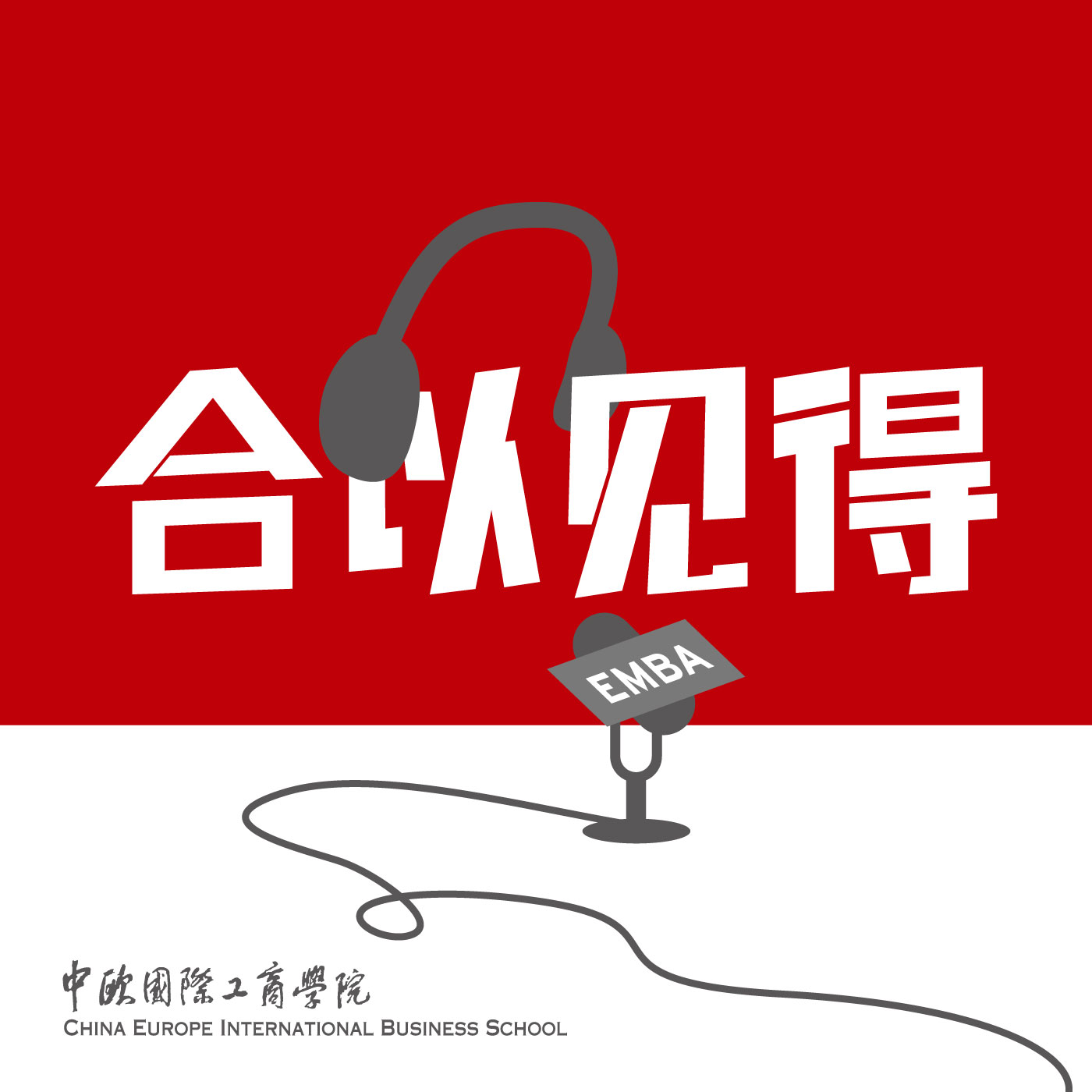
Deep Dive
Why did Wang Xia decide to transition from being an agent for overseas beauty brands to creating her own brand?
Wang Xia realized that being an agent for overseas beauty brands was not a sustainable business model for Chinese companies. After several brands she represented, such as LTMD, Rafra, and First Aid Beauty, were acquired by major corporations like Colgate, Unilever, and Procter & Gamble, she recognized the need to build her own brand to ensure long-term success.
What challenges did Wang Xia face during the transition to creating her own brand?
Wang Xia faced significant challenges, including a lack of experience in creating and managing her own brand, the need to build a new team with the right capabilities, and the uncertainty of whether the new brand would succeed. Additionally, the company experienced a sharp decline in growth, from 7x in 2021 to just 3% in 2022, which added to the pressure.
How did Wang Xia manage the team restructuring during the company's transition?
Wang Xia focused on iterating the capabilities of key personnel, replacing at least half of the team over two and a half years. She emphasized the importance of finding the right people, balancing new hires with existing team members, and ensuring that the team could deliver results. This restructuring led to improved team performance and a reduction in unsold inventory.
What lessons did Wang Xia learn about decision-making as a founder?
Wang Xia learned that decision-making should be based on first principles, focusing on what is correct for the business rather than trying to please everyone. She also emphasized the importance of not being a 'six-sided warrior' and instead finding people who complement her skills and can handle areas where she is not strong.
What role did MCN (Multi-Channel Network) play in Wang Xia's business strategy?
MCN played a crucial role in helping Wang Xia's company stay at the forefront of consumer trends and understand what content resonated with younger audiences. However, she eventually decided to shut down the MCN business as it had fulfilled its purpose and was no longer aligned with the company's future direction.
How did Wang Xia handle the emotional challenges of making tough decisions, such as letting go of team members?
Wang Xia acknowledged the emotional difficulty of making tough decisions, such as letting go of team members. She emphasized the importance of maintaining professionalism and care for the individuals involved, ensuring that their dignity and future prospects were considered even during difficult transitions.
What is Wang Xia's approach to balancing short-term opportunities with long-term strategic goals?
Wang Xia focuses on controlling her desires and avoiding the temptation to chase every short-term opportunity. She prioritizes long-term strategic goals and ensures that any short-term actions align with the company's overall direction. This approach helps her maintain focus and avoid distractions that could derail the company's progress.
- 从海外品牌代理转型自建品牌
- 抓住中国内容平台和短视频平台的爆发机遇
- 前三年取得了高速增长
Shownotes Transcript
在商业世界变幻莫测的今天,「转型」是许多企业不得不面临的选择,是关乎增长、突围、甚至生死存亡的必经之路。
本期节目,打造了包括「KIMTRUE且初」等多个爆款的缙嘉科技创始人王霞(中欧EMBA2022)分享了她在创业路上的几次重要选择。放弃海外小众美妆品牌代理,建立自有品牌,企业由高速增长急转直下,她是如何在发展的十字路口找寻新的方向?面对消费降温,企业如何自救?随着增长下滑而来的团队迭代,谁去谁留怎么选?对于创业者来说,企业转型背后的底层决策逻辑是什么?
下期节目,我们还会从出海角度继续探讨企业命运的转折,欢迎大家一起收听。
本节目由中欧EMBA出品,JustPod制作发行,中欧国际工商学院版权所有。
你可以在喜马拉雅)、苹果播客)、小宇宙)、网易云音乐)、QQ音乐)、豆瓣)、中欧EMBA视频号订阅收听。
-本期主播-
王霞(中欧EMBA2022)缙嘉科技创始人
苏锡嘉,中欧国际工商学院会计学荣誉退休教授
-时间轴-
02:57 代理的海外美妆品牌逐渐被收购,意识到自建品牌才有未来
06:45 增长速度从7倍骤减到3%,特殊时期企业如何过冬?
08:57 滞销库存直线下降,是团队变革带来的收益之一
11:45 掌舵企业靠运气还是实力?十字路口如何决策?
13:52 创业可以不清楚「能做什么」,但一定得知道「不能做什么」
18:12 转折意味着选择,快刀斩乱麻 or 菩萨心肠?
-入听友群-
扫描下方二维码
微信关注「中欧EMBA」,发送「听友群」,获取入群二维码
期待与你交流!
 -延伸阅读-
-延伸阅读-
-互动方式-
微信公众号:中欧EMBA(CEIBSEMBA)
